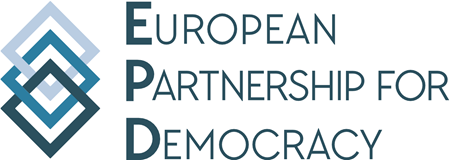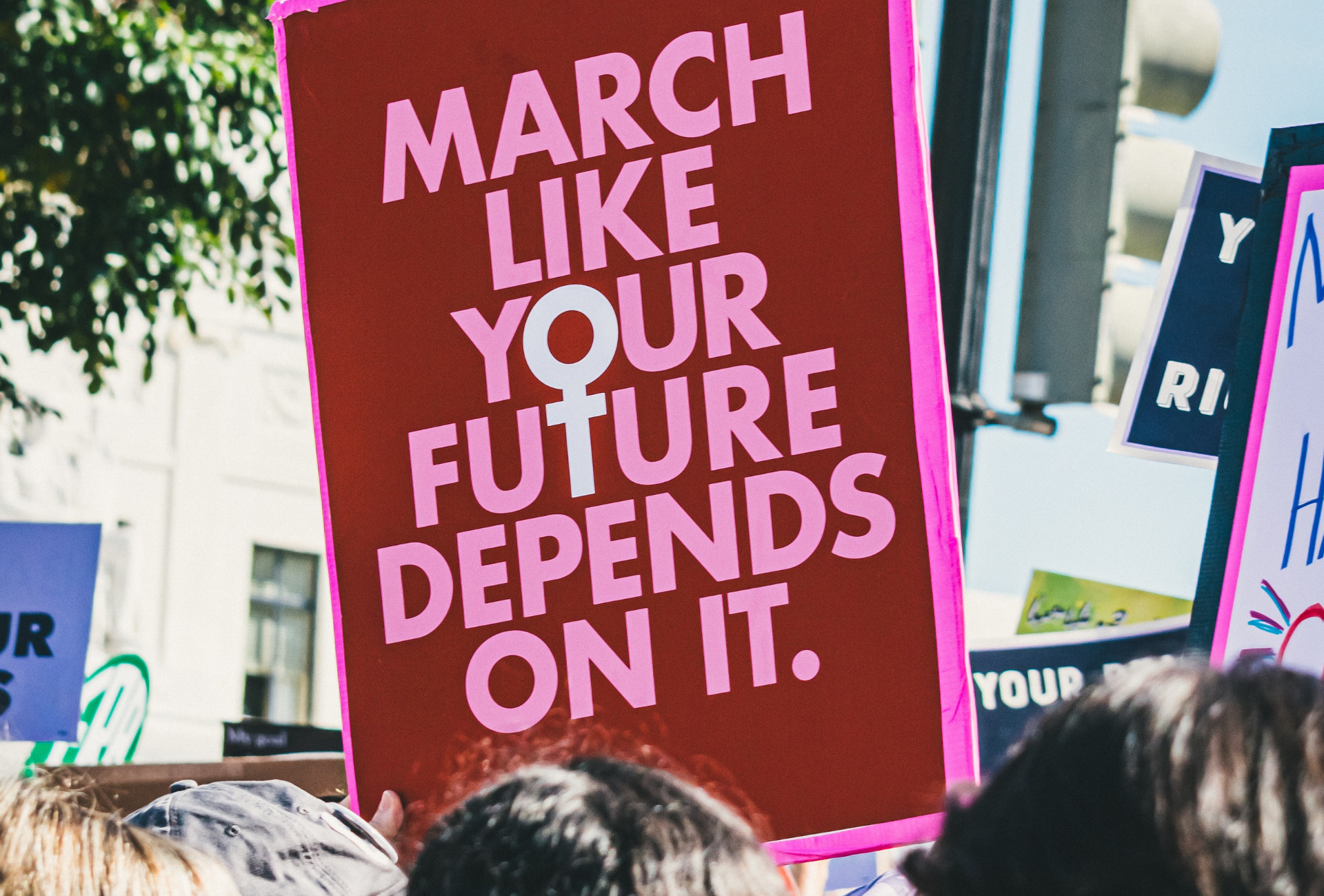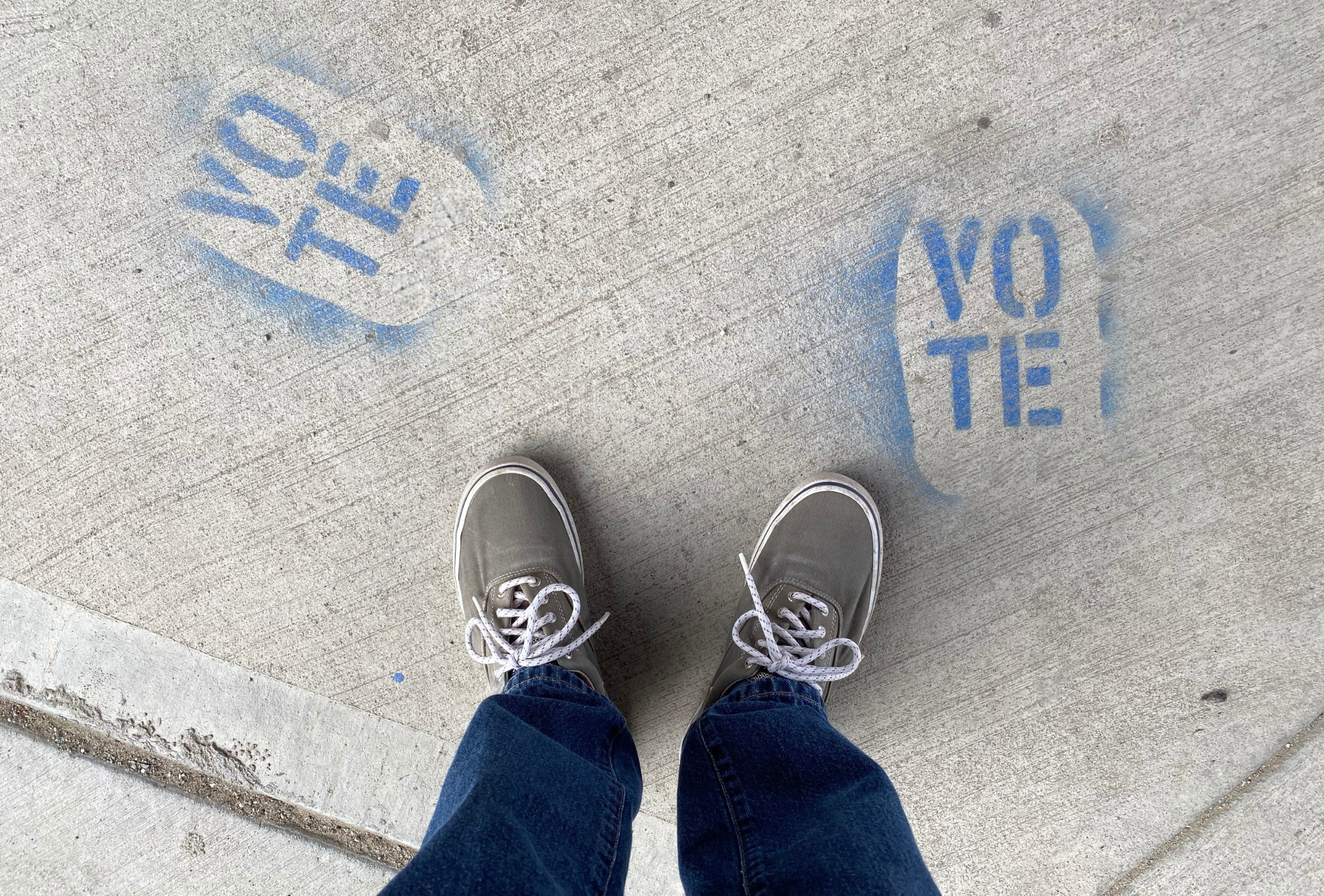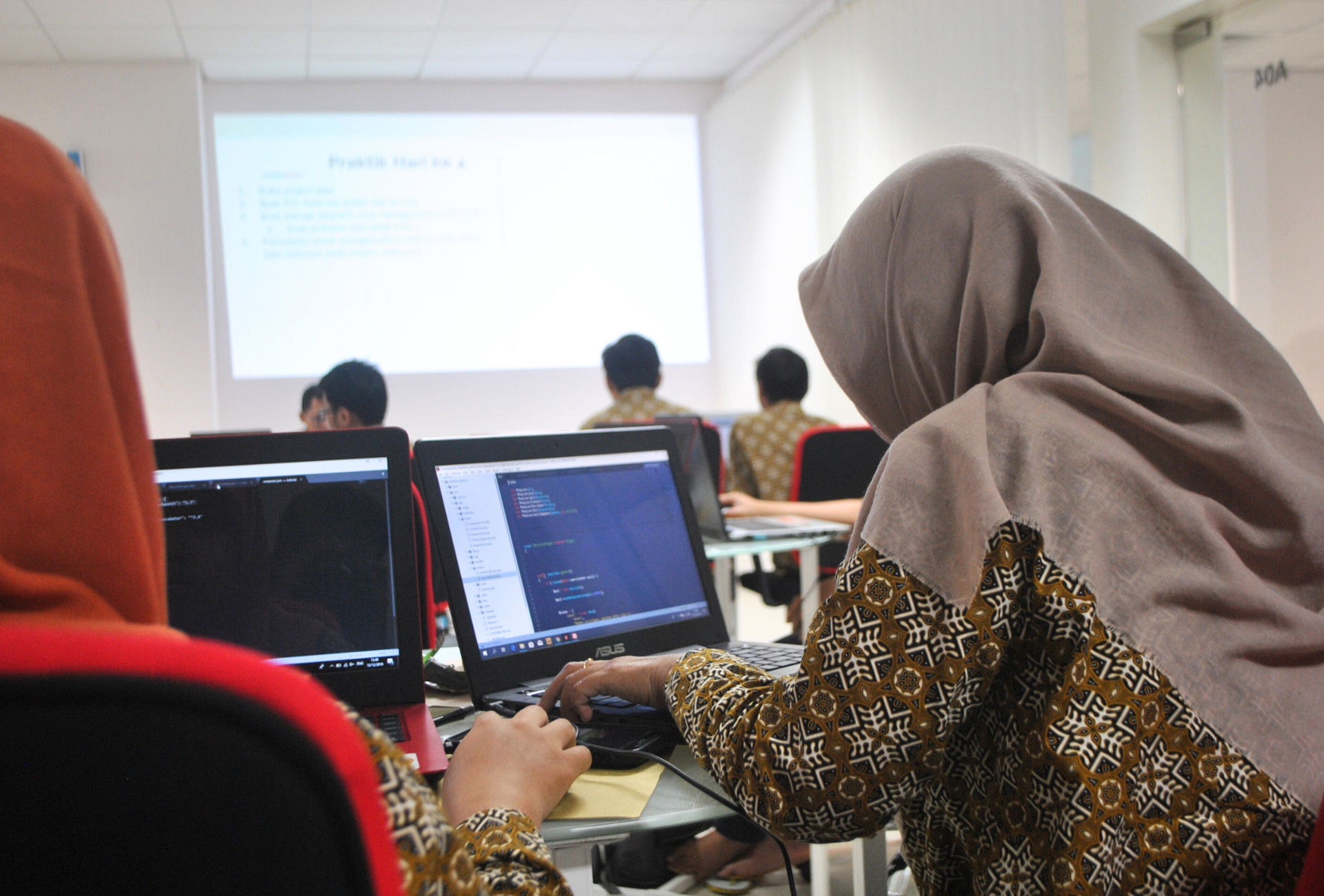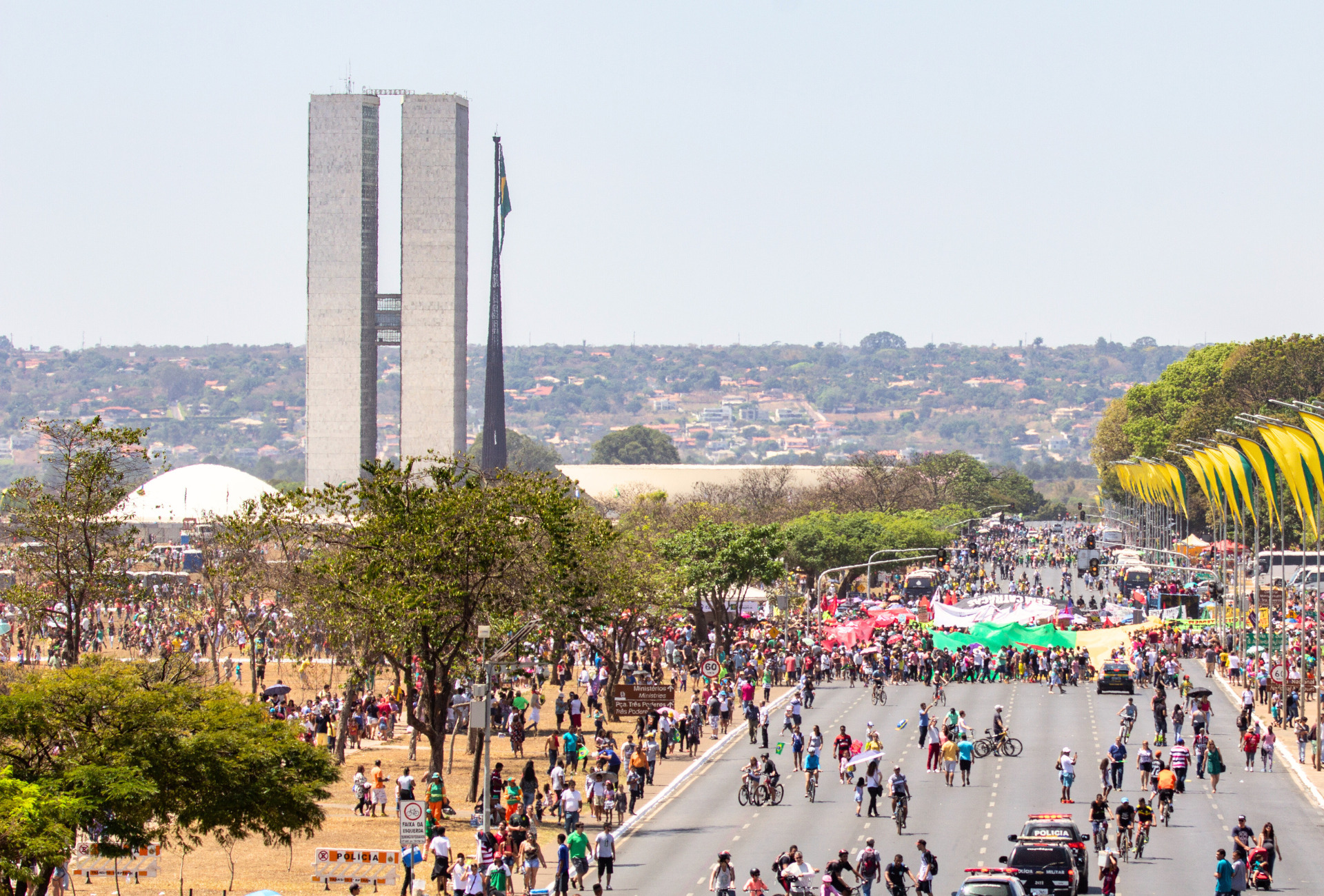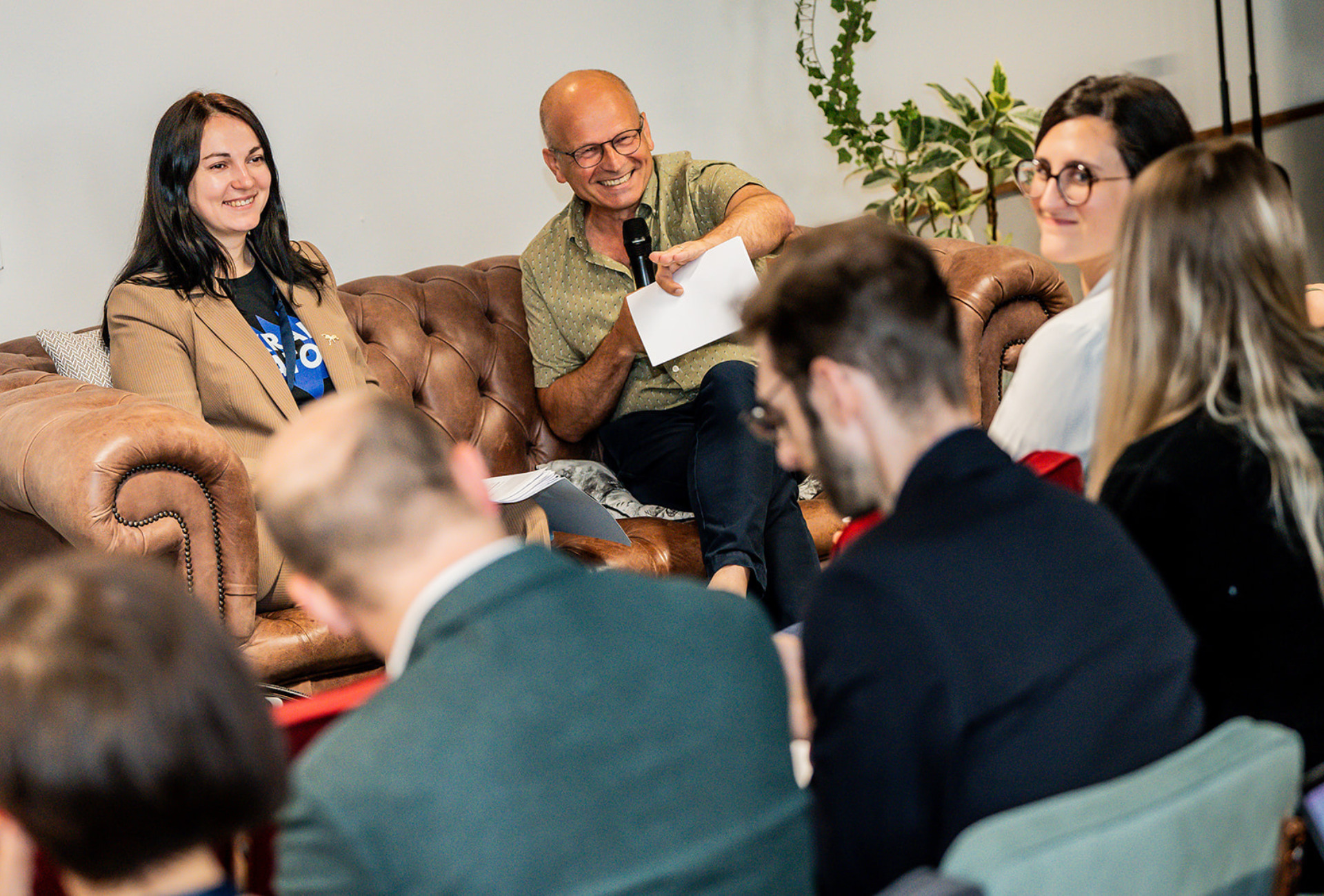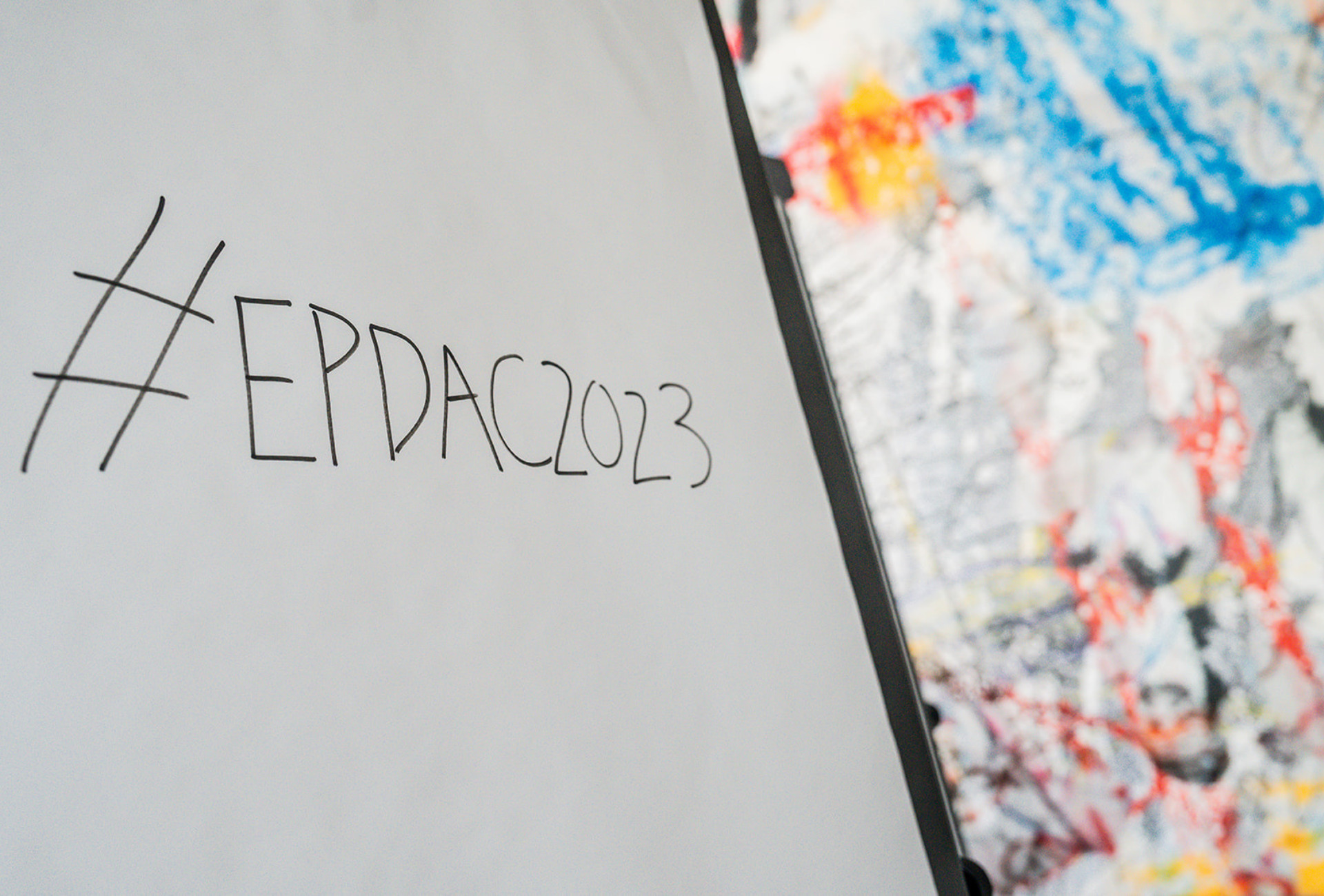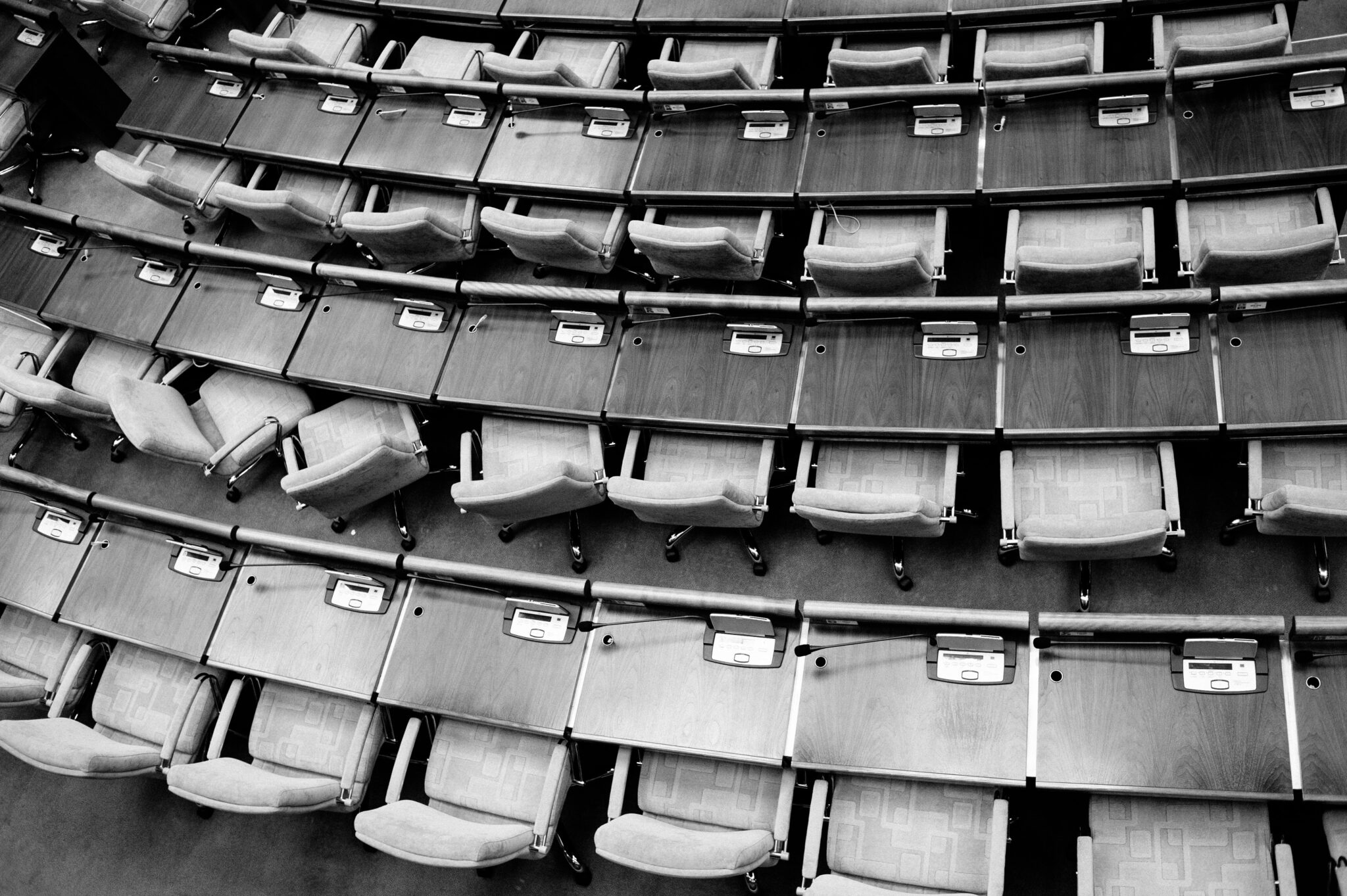In December 2020, the European Commission released its third Gender Action Plan (GAP III), which lays out how the European Union should promote gender equality in its external relations over the following five years. Just like its predecessor, the new plan highlights women’s equal political voice and participation as one of the EU’s central gender-equality priorities.
As the Covid-19 pandemic and subsequent economic crisis have deepened existing gender inequities, this renewed commitment from the EU to women’s equal participation comes at a critical time. The third Gender Action Plan is a new opportunity for the EU to stand with advocates and reformers fighting for women’s equal political power around the world. To help inform the plan’s implementation process, this article looks at the past five years of EU support for women’s political participation. It addresses the following questions: To what extent have the EU and its member states prioritized women’s political empowerment relative to other gender-equality priorities, and what has their support been in practice? Have past EU efforts effectively tackled the primary barriers to women’s equal participation and influence, and how could the EU’s engagement be improved?
The above analysis draws on the findings from four country case studies of EU and member state support for women’s political participation and leadership under the second Gender Action Plan (GAP II), written by country experts and published by the European Democracy Hub. The four countries – Bosnia and Herzegovina, Morocco, Sri Lanka, and Zambia were chosen for their regional and political diversity, allowing us to identify several pattens that characterise EU support across different political and regional contexts.
Country case studies:
